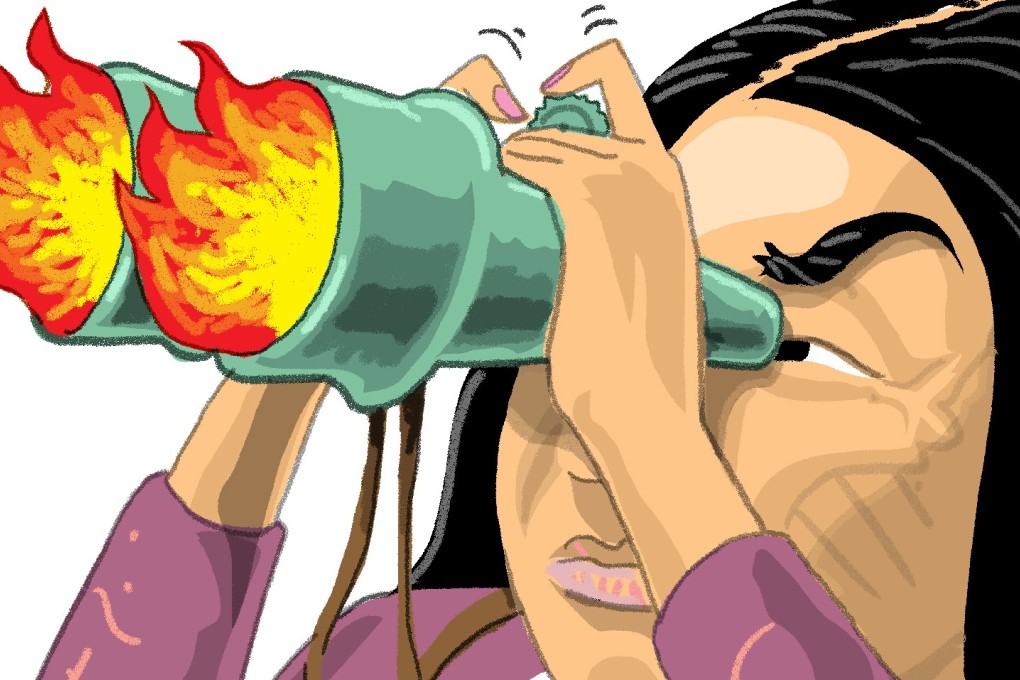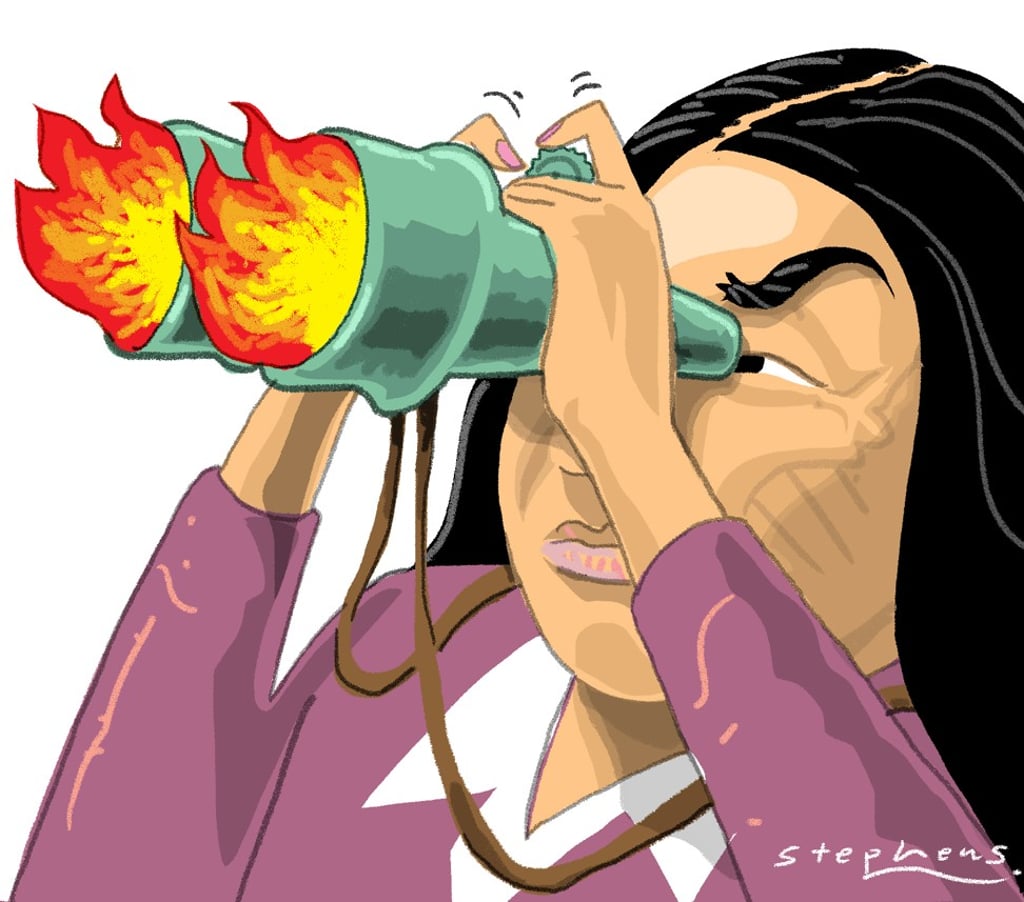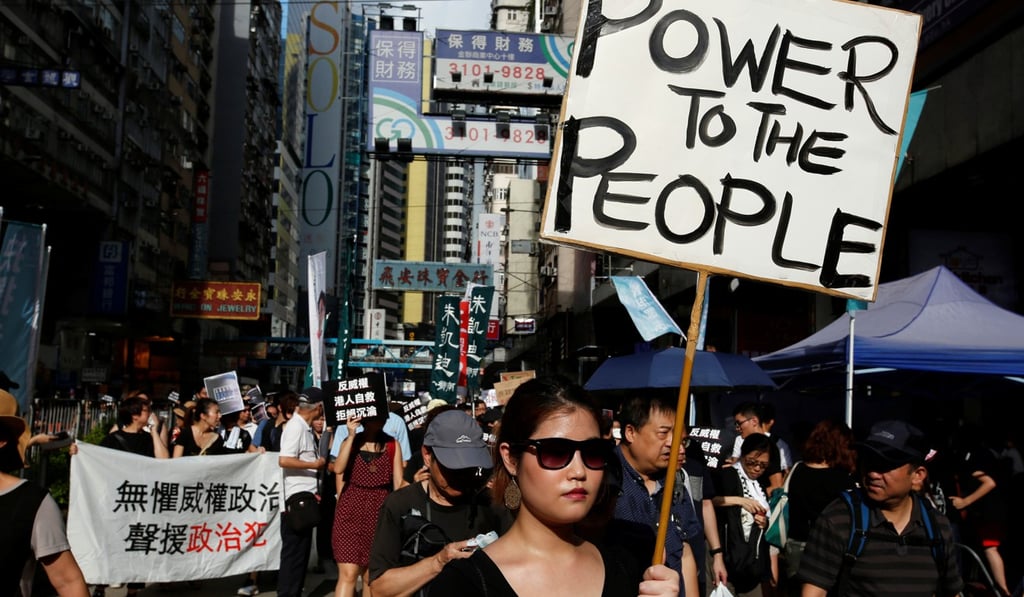Hong Kong’s young democracy campaigners risk losing sight of the real changes needed in society
Anson Au says democracy is just another form of government, far from perfect and equally prone to ideological excess. Instead of chasing universal suffrage, Hong Kong needs to negotiate the best way forward to create a better society


Joined by a host of global media outlets, these sentiments betray a belief in the inherent good of democracy – but overlook the purpose of governance itself.
We must stay grounded. Democracy, as with all forms of governance, is but a means to an end – which is the establishment of a good society. My research explores what constitutes a good society and what can destroy it, and it shows that the answers don’t lie in any one form of governance.
We must separate ideology from practicality in the context of governance for a good society. As history tells us, it’s when we fail to do so that a society moves to atrocious extremes.
